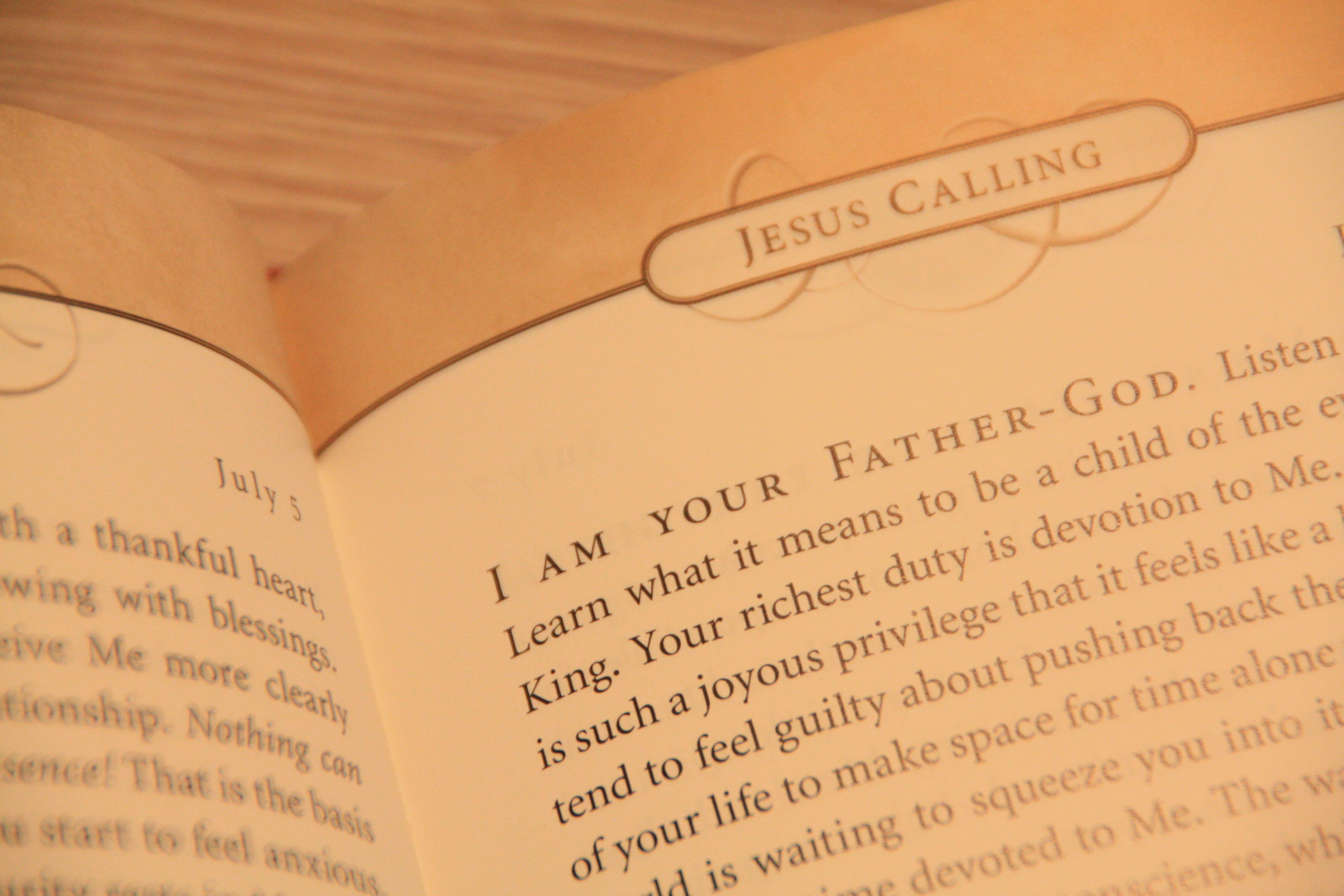Key Verse: Matthew 6:16-18
Fasting is a powerful spiritual discipline that deepens our relationship with God, strengthens our faith, and aligns our hearts with His will. However, many Christians struggle with fasting effectively or misunderstand its purpose. In this guide, we will explore how to fast with purpose using biblical guidelines to enhance your spiritual growth.
- 1. What is Biblical Fasting?
- 2. Why Should Christians Fast?
- 3. Different Types of Biblical Fasts
- 4. How to Prepare for a Fast
- 5. Prayers to Pray While Fasting
- 6. What to Avoid While Fasting
- 7. How to End a Fast Properly
- 8. The Rewards of Fasting
- 9. Common Questions About Fasting
- 10. Final Thoughts: Fasting with a Purpose
1. What is Biblical Fasting?
Biblical fasting is the act of voluntarily abstaining from food, and sometimes drink, for a spiritual purpose. Unlike secular fasting, which is often done for health reasons, Christian fasting is focused on seeking God, repenting, and drawing closer to Him.
In Matthew 6:16-18, Jesus teaches, “When you fast, do not look somber as the hypocrites do… But when you fast, put oil on your head and wash your face, so that it will not be obvious to others that you are fasting, but only to your Father, who is unseen.” This passage reveals that fasting is a private act of devotion, not a public display of spirituality.
2. Why Should Christians Fast?
There are many reasons why believers fast, including:
- To seek God’s guidance (Acts 13:2-3)
- For spiritual breakthrough (Matthew 17:21)
- To humble ourselves before God (Ezra 8:21)
- For repentance and renewal (Joel 2:12-13)
- To grow in self-discipline (1 Corinthians 9:27)
Fasting should always be done with the right motives—not to manipulate God, but to align our hearts with His will.
3. Different Types of Biblical Fasts
The Bible mentions several types of fasting:
A. Absolute Fast
- No food or water.
- Example: Moses fasted for 40 days on Mount Sinai (Exodus 34:28).
- Warning: This type should only be done under God’s leading and with medical consideration.
B. Normal Fast
- No food, only water.
- Example: Jesus fasted 40 days in the wilderness (Luke 4:2).
C. Partial Fast (Daniel Fast)
- Avoiding certain foods.
- Example: Daniel ate only vegetables and water for 21 days (Daniel 10:3).
D. Intermittent Fast
- Fasting for certain hours of the day.
- Example: Some biblical figures prayed and fasted in cycles (Acts 10:30).
4. How to Prepare for a Fast
A. Set a Clear Purpose
Ask yourself: Why am I fasting? Seek God’s direction and commit your fast to Him.
B. Start Small
If you are new to fasting, begin with a partial fast and gradually increase the duration.
C. Stay Hydrated and Rest
Drink water if you are doing a normal fast and get enough rest to sustain your body.
D. Spend More Time in Prayer and Scripture
Fasting without prayer is just starvation. Dedicate extra time to reading the Bible and worshiping God.
5. Prayers to Pray While Fasting
Here are some prayers to help you stay focused:
- Prayer for Strength: “Lord, give me strength as I fast and seek You.” (Isaiah 40:31)
- Prayer for Clarity: “Speak to me, Lord, and reveal Your will.” (James 1:5)
- Prayer for Spiritual Renewal: “Create in me a clean heart, O God.” (Psalm 51:10)
6. What to Avoid While Fasting
- Fasting for show (Matthew 6:16-18)
- Neglecting prayer and the Word
- Becoming legalistic about fasting (Romans 14:6)
- Overworking your body – Rest when needed.
7. How to End a Fast Properly
- Break your fast gradually – Start with light foods.
- Thank God for the experience – Reflect on what He taught you.
- Apply what you learned – Let the spiritual growth continue beyond the fast.
8. The Rewards of Fasting
When we fast with the right heart, we experience:
- Greater spiritual intimacy
- Breakthroughs in difficult situations
- Renewed strength and faith
- Increased sensitivity to the Holy Spirit
9. Common Questions About Fasting
Q: Can I drink coffee or tea while fasting?
A: It depends on the type of fast. In a normal fast, only water is recommended, but in a Daniel Fast, natural beverages are allowed.
Q: What if I accidentally break my fast?
A: Don’t be discouraged! Repent, refocus, and continue your fast with a renewed heart.
Q: How long should I fast?
A: Let the Holy Spirit lead you. Start with a few hours and build up to longer durations if possible.
10. Final Thoughts: Fasting with a Purpose
Fasting is more than just abstaining from food—it’s about seeking God with all your heart. As you embark on your fasting journey, remember to pray, stay in the Word, and listen to God’s voice. He honors those who seek Him with sincerity (Jeremiah 29:13).
Are you ready to take your spiritual walk deeper? Commit to fasting with purpose, and watch God move powerfully in your life!
Have you experienced a breakthrough through fasting? Share your testimony in the comments below!



